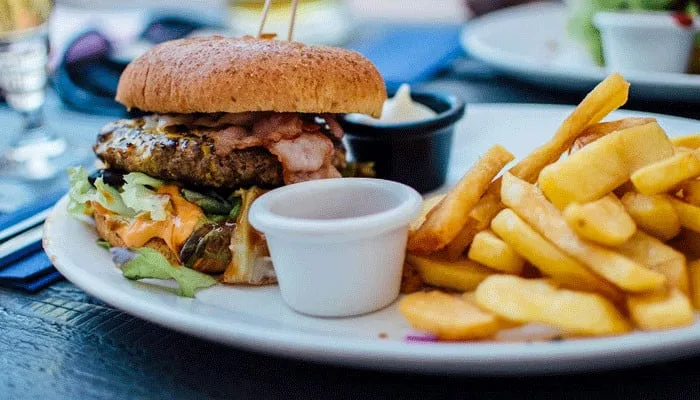The Magnetic Pull of Junk Food: Why We Crave It
Have you ever wondered why we’re so drawn to junk food? Despite knowing its negative effects, those fried snacks, sugary drinks, and processed goodies seem to have an irresistible allure. Let’s explore why these unhealthy options have such a strong hold on us.
The Science Behind the Craving
Medical experts point out that junk foods are typically loaded with excessive amounts of salt, sugar, and unhealthy fats. These ingredients stimulate reward centers in our brains, triggering a release of dopamine, a neurotransmitter associated with pleasure and addiction. This creates a cycle where we crave more of these foods to experience the same pleasurable sensation.
Key Components that Drive Cravings:
- High Salt Content: Enhances flavor and can lead to fluid retention and increased blood pressure.
- Excessive Sugar: Provides a quick energy boost followed by a crash, leading to more cravings.
- Unhealthy Fats: Contribute to heart disease and obesity while also making foods taste richer and more satisfying.
The Health Consequences
Regular consumption of junk food is linked to a host of health problems. From weight gain and obesity to increased risk of type 2 diabetes and heart disease, the impact on our well-being is significant.
Potential Health Risks:
- Obesity: High calorie and fat content contribute to weight gain.
- Type 2 Diabetes: Sugar overload can lead to insulin resistance.
- Heart Disease: Unhealthy fats raise cholesterol levels, increasing the risk of cardiovascular issues.
- Nutritional Deficiencies: Junk food often replaces nutrient-rich foods, leading to deficiencies.
Breaking the Cycle
Overcoming junk food cravings requires a conscious effort and a strategic approach. Here are some tips to help you break free from the cycle:
Strategies for Reducing Junk Food Intake:
- Mindful Eating: Pay attention to your body’s hunger cues and eat when you’re truly hungry.
- Healthy Swaps: Replace junk food with nutritious alternatives like fruits, vegetables, and whole grains.
- Meal Planning: Prepare your meals in advance to avoid impulsive junk food decisions.
- Stay Hydrated: Sometimes thirst is mistaken for hunger.
- Limit Exposure: Reduce your exposure to junk food advertising and keep unhealthy snacks out of sight.
Final Thoughts
While the allure of junk food is undeniable, understanding its effects on our bodies and minds can empower us to make healthier choices. By adopting mindful eating habits and opting for nutritious alternatives, we can break free from the cycle of cravings and prioritize our well-being. It’s all about balance and making informed decisions for a healthier lifestyle.



+ There are no comments
Add yours